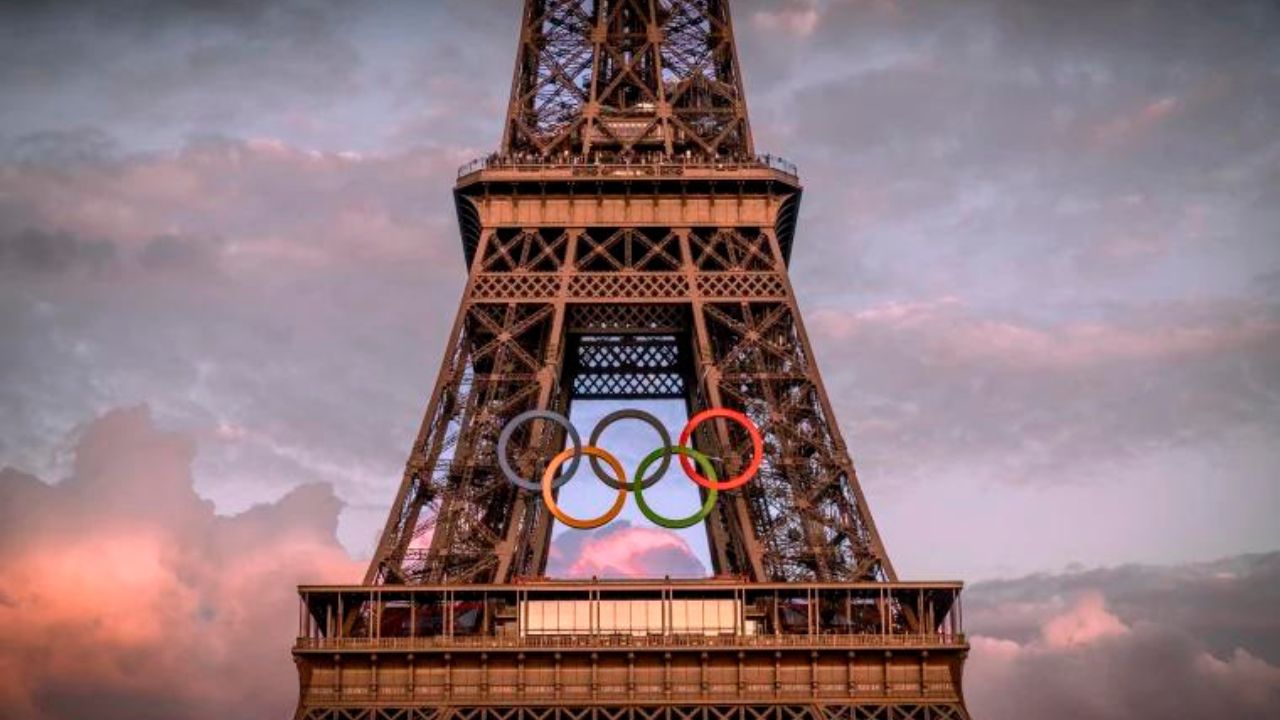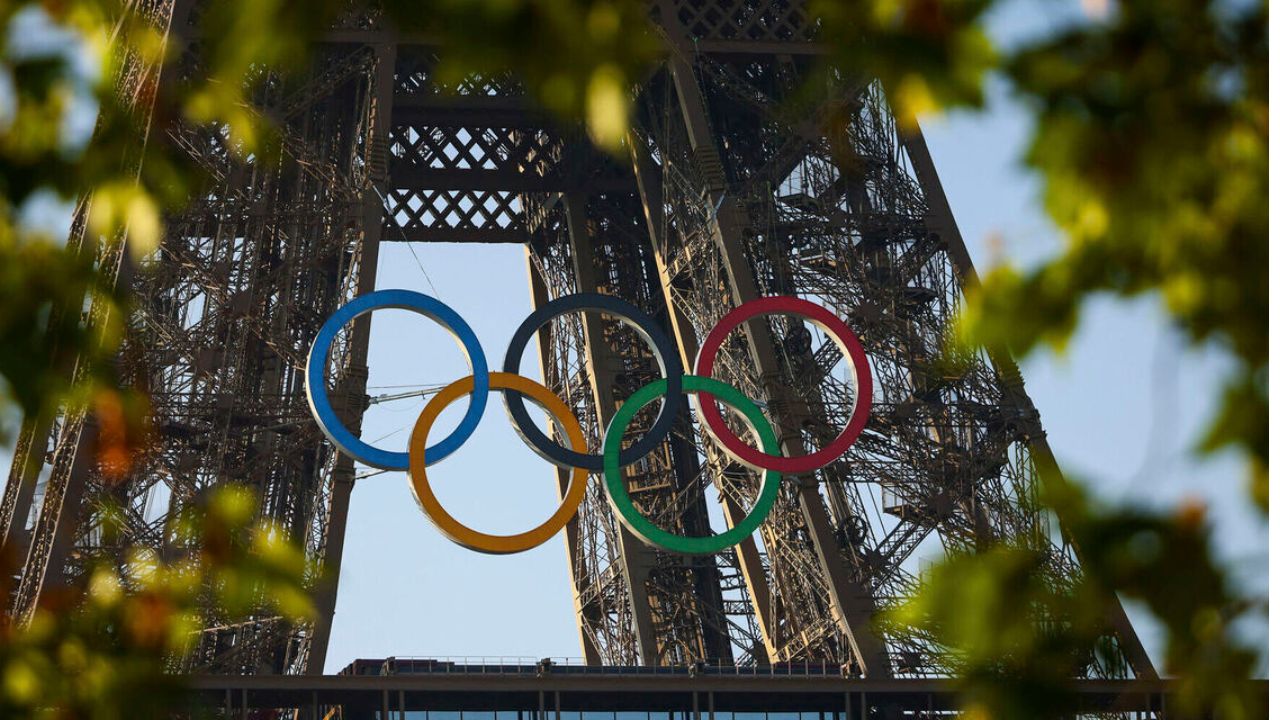Olympians worked with climate scientists and heat physiologists to evaluate the risk athletes potentially face from rising temperatures.
‘Don’t Come’ to Paris for the Olympics:
Athletes are voicing their concerns about a summer heat wave ahead of the Paris Olympics, claiming that the consequences of climate change might make their sports risky and undermine competitiveness.
Eleven athletes expressed their worries over the environment at the next Olympic Games and the longer-term difficulties for athletic events on a warming planet in a new study that numerous American and British climate advocacy and sporting groups jointly issued.
According to the analysis, the average temperature in Paris during the late July and early August Olympic season is around 5.5 degrees Celsius, higher than in 1924, when the city hosted the event. Olympians earn their places on the international stage by pushing their bodies to the “absolute limit.” Still, Jamie Farndale, a competitor for Great Britain’s Olympic rugby sevens squad, expressed concern that the heat in Paris might drive some athletes over the brink.

Regarding temperatures between 86 and 95 degrees Fahrenheit, Farndale stated, “When things get unsafe in the sort of 30-35-degree temperatures, yeah, it becomes pretty dangerous.” We have six games spread out over three days, so you can’t simply relax in between. Farndale said, thinking back to how he handled himself in earlier contests: “We’re jumping in ice baths.” Your core temperature doesn’t go down despite all we try. You’re feeling under the weather.
Officials from the Olympic Committee said they are ready for challenging weather. The International Olympic Committee has developed a suite of heat-related instruments and rescheduled events to minimize heat, according to a statement from an IOC official. As per the statement, temperatures will be closely monitored at event locations. The IOC and the entire Olympic Movement see providing athletes and spectators with the safest conditions as their top priority.
The local organizing committee for Paris 2024 said that Météo France, the French weather bureau, will be integrated into the Olympic Games’ operations center. The group may be expanded, the competition schedule can be adjusted as needed, and free water refills will be accessible to spectators in large quantities. According to some studies, Paris is one of the European cities most susceptible to heat-related issues. According to research released in November, heat waves can create temperatures as much as 7 degrees Fahrenheit warmer than those in 2003, which resulted in 15,000 more deaths in France during a heat wave in 2003.
Reducing the Olympic’s carbon footprint is a top priority for the city of Paris organizers. The Athletes’ Village will transition from traditional air conditioning to natural ventilation and geothermal cooling as part of that initiative. After the event, the village will house Parisians permanently. Indian triathlete Pragnya Mohan, an Olympic contender, stated that participants may have difficulties due to the absence of AC. They are unable to remain composed and recuperate quickly. Thus, that is detrimental from an athlete’s standpoint. However, Mohan added that’s a good thing from an environmentally conscious standpoint.
However, the Paris 2024 organization stated that athletes will be permitted to use “mobile cooling units” and that temperatures in their accommodations should be at least 11 degrees lower than the outside air. As ample event organizers, according to a spokeswoman, we have struck a decent balance between our fundamental commitment to athlete welfare and our responsibilities in the face of climate change. Olympic discus thrower Sam Mattis, who competed for the United States in 2020, questioned if summer games could continue to be held in the world’s hottest months. In 2028, Los Angeles is slated to host. “I believe that summer competitions unless they take place at night, will become virtually unfeasible in many parts of the United States and the world,” Mattis stated.
A report released in April 2023 states that over 110 athletes experienced heat-related ailments at the Tokyo Olympic Games, with temperatures at specific outdoor sites surpassing 95 degrees F and humidity levels reaching nearly 70%. Ten cases of severe heat sickness, including heatstroke, were among them. According to the story, some sportsmen need ice baths to recuperate.
Paris has invested billions of euros to build bike lanes, clean up the Seine River, and grow trees to shade city streets in preparation for this year’s Olympics. According to city officials, the expenditure is intended to lower emissions over the long run, even after the Games, and prepare for future temperature increases. Regarding the heat, Deputy Mayor Emmanuel Grégoire declared, “It’s dangerous for daily life.” “To protect people, our city must change quickly.”
